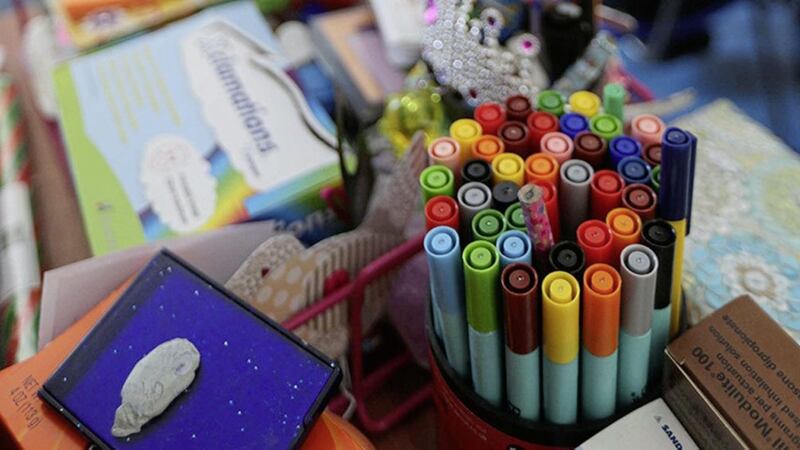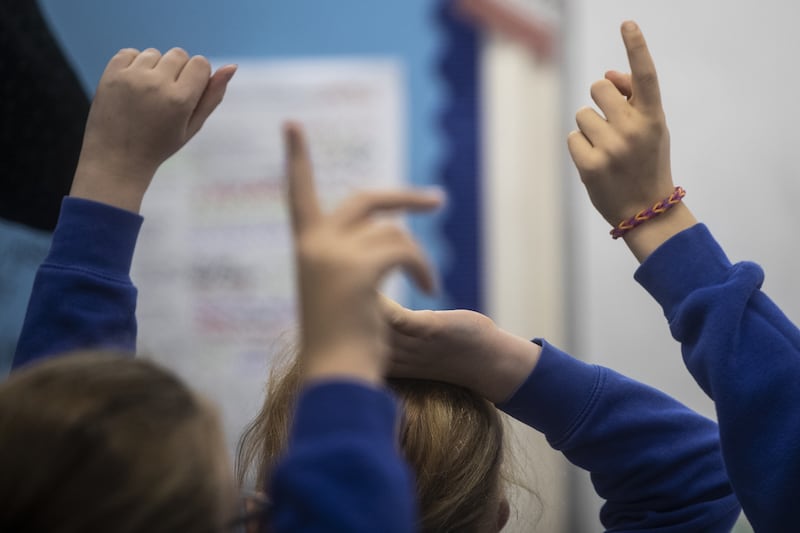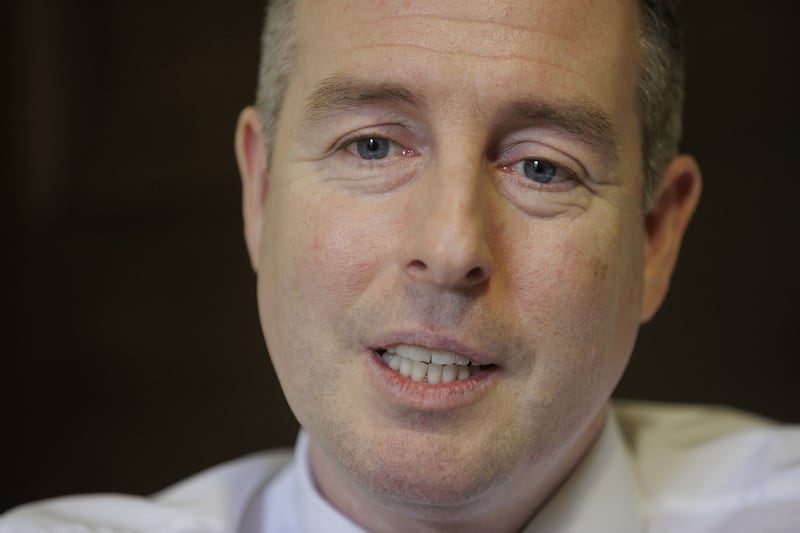THE number of children with special education needs in schools has risen by almost 30,000 in a decade and a half.
Almost one in every four pupils now has SEN, with a handful of schools educating 200 or more children.
The total registered has been rising annually, even in recent years when enrolments were in decline.
Experts say the massive increase is partly due to earlier and better identification.
In addition, the Department of Education has a policy of inclusion, which has seen many more pupils having their individual needs met in mainstream settings.
Planned changes to the recording of pupils is expected to see a reduction, as children will be reviewed annually.
There were 50,266 with SEN, of whom 10,999 had statements, in 2003/04.
By 2017/18, this had risen to more than 79,000 pupils - 23 per cent of the entire school population. Of this, more than 17,800 had a statement.
A statement is issued to children with the most severe needs. It also sets out the help they should have.
Separate figures obtained by the Irish News show seven primary schools have 200 or more children with SEN.
They include Holy Trinity PS in Enniskillen (261), Holy Cross Boys' PS in north Belfast (242) and Holy Child PS in west Belfast (239).
Teachers say the rise cannot simply be blamed on more staff being too quick to label children as having SEN.
They say the picture is complicated. There are a greater number of kids presenting with issues, needing more people to provide support and accessing more services.
Schools also suggest it could be due to the process lacking standardisation.
There have also been increases in diagnoses of autism, asperger's syndrome, dyslexia and attention deficit disorder.
Up until now, a five-staged approach was used in identifying and catering for a child's needs, and the majority of SEN children are on stages 1-4.
A child will be registered at Stage 1 or 2 if their teacher notes any concern about their learning and takes action in consultation with their parents. The school moves on to Stage 3 if the problem persists. Then, specialist help or external advice from educational psychologists is requested.
Stage 4 is the first stage in which statutory assessment is the focus and the Education Authority would become involved.
Only Stage 5 involves the issuing of a statement, which involves the board either in making additional resources available to a mainstream school or indicating that a change of placement may be necessary for the child.
It is predicted there will be a fall in numbers as new SEN changes mean that there will only be three stages, and children on the register for medical reasons will be omitted. That will include autism, ADHD as well as diabetes.
In addition, every child will be reviewed on a yearly basis meaning this will stop them remaining on the register for their entire school career.
The department said the changes will take effect from this year.
Pupils with a medical diagnosis with no associated SEN, the department added, would be placed on a new medical register.
::
CHILDREN with autism spectrum disorder are less likely to transfer to grammar school than pupils without a diagnosis.
Autism spectrum disorder (ASD) is the name for a range of similar conditions, including Asperger syndrome, that affect a person's social interaction, communication, interests and behaviour.
In 2017/18, seven in every 10 young people of post-primary age with ASD were enrolled in non-grammar schools.
There were 960 children on the spectrum in grammar settings compared to 2,336 in secondary education.
Figures from the Department of Education revealed disadvantage was even greater for diagnosed pupils from poorer backgrounds.
Free schools meals (FSM) are the most common measure of social disadvantage in schools.
Just 18 per cent of ASD-diagnosed pupils who are also entitled to FSM transfer to a grammar school, while 82 per cent go on to non-grammars when leaving primary school.
In contrast, 35.5 per cent of autistic children not entitled to free meals are enrolled in a grammar school.
The figures were obtained by Chris Donnelly, vice principal of Holy Cross Boys PS, which has 59 children with ASD.
They represent 13.7 per cent of the school enrolment, a figure significantly above the Northern Ireland average at primary school level of 2.3 per cent.
Mr Donnelly said one in every seven pupils in the school was now confirmed as being autistic.
"Whilst research does confirm that boys are significantly more likely to be diagnosed than girls, and that working class children are disproportionately more likely to receive an ASD diagnosis than their peers from more affluent communities, nevertheless this statistic does represent a very large number of children within a single school community, particularly when compared to the Northern Ireland average," Mr Donnelly said.
"This has presented particular challenges to our school community, requiring school leadership to ensure all members of staff (teachers and classroom assistants) are trained and that effective relationships are forged with parents and with external agencies to ensure that a strong support network is in place so that ASD pupils are not at any disadvantage and have the same aspirations and expectations as every other child in the school."








